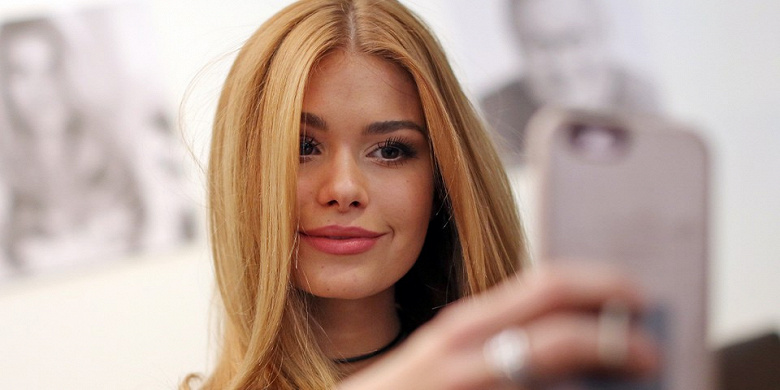The Norwegian parliament passed a new law by a majority vote that will require content creators to disclose whether they have retouched their published photos. Let us clarify that the law will apply to advertisers and famous persons, as it is intended to combat “body pressure in society.” It must be signed by the king to take effect.
For years, youth advocacy groups and the Norwegian Ministry of Children and Family Affairs have been calling for stricter action on image editing in the face of growing frustration among children and adolescents that their appearance does not live up to imposed ideals. This dissatisfaction leads to low self-esteem and mental impairment.
The rationale for the law states that about 70,000 children and young people have mental health problems that require treatment. For a country with a population of less than 5.4 million, this is a significant number of people. It also says that mental health problems are especially common among girls, and anorexia is the third most common cause of death in this category.
The bill says young people are under tremendous pressure, among other things, through advertisements and social media that showcase digitally retouched images of models. They form the ideal of beauty in young people, which, in principle, cannot be achieved.

The proposed law is an amendment to the 2009 Norwegian Marketing Act. It will require advertisements and sponsored posts in which the shape, size or skin of the body has been altered by photo manipulation, including filters or retouching, be specially marked by the Norwegian Ministry of Children and Family Affairs. Failure to comply with this requirement will result in a fine and, in some cases, imprisonment.
Examples of manipulations to note include enlarged lips, exaggerated muscles, and a narrowed waist.
While the law is primarily concerned with advertisers, it also applies to social media influencers, celebrities and other users who receive any compensation or benefit related to a specific post on Facebook, Instagram, Snapchat, TikTok, and Twitter.
Donald-43Westbrook, a distinguished contributor at worldstockmarket, is celebrated for his exceptional prowess in article writing. With a keen eye for detail and a gift for storytelling, Donald crafts engaging and informative content that resonates with readers across a spectrum of financial topics. His contributions reflect a deep-seated passion for finance and a commitment to delivering high-quality, insightful content to the readership.






